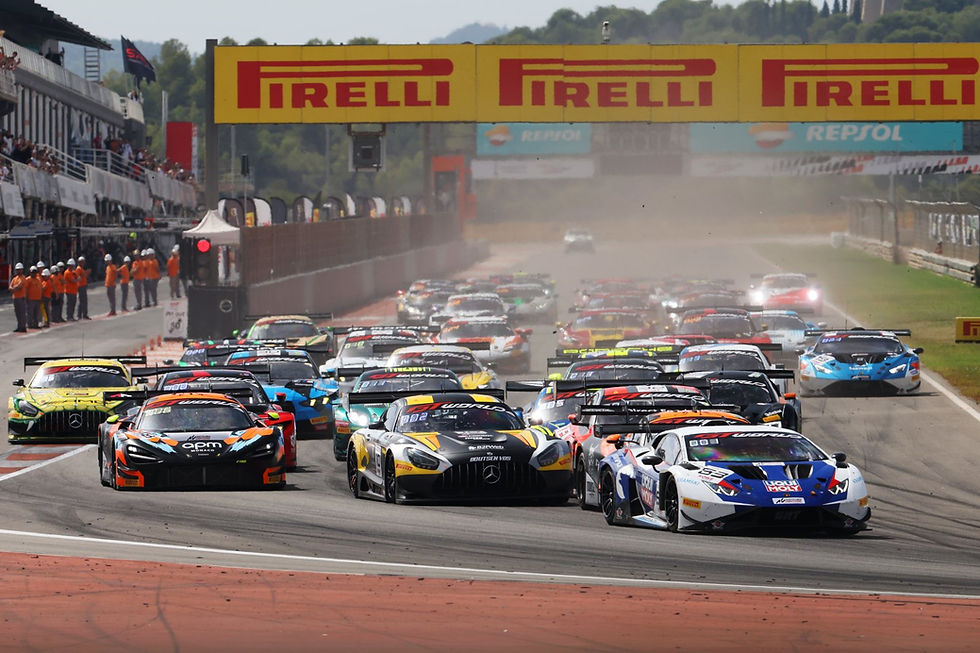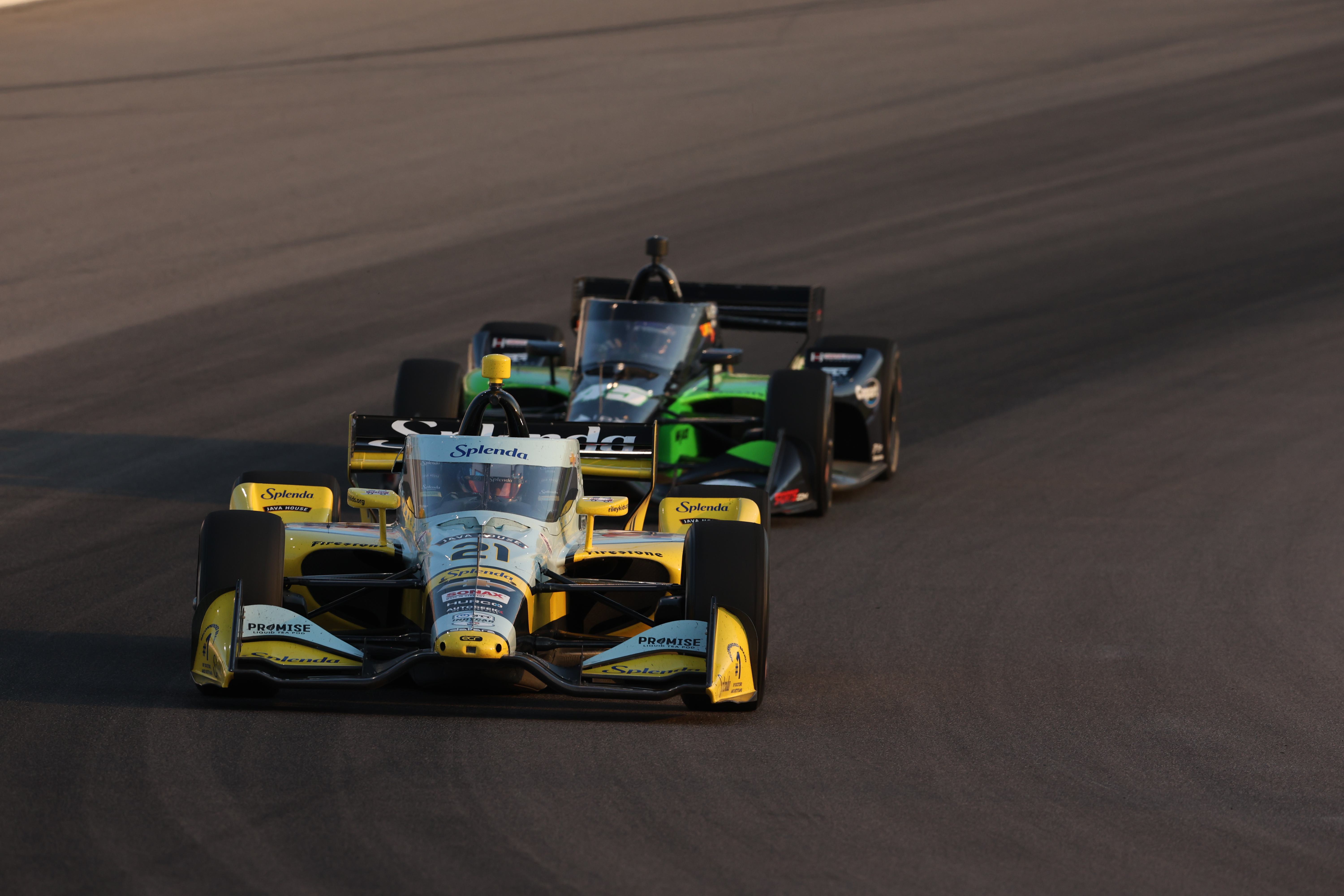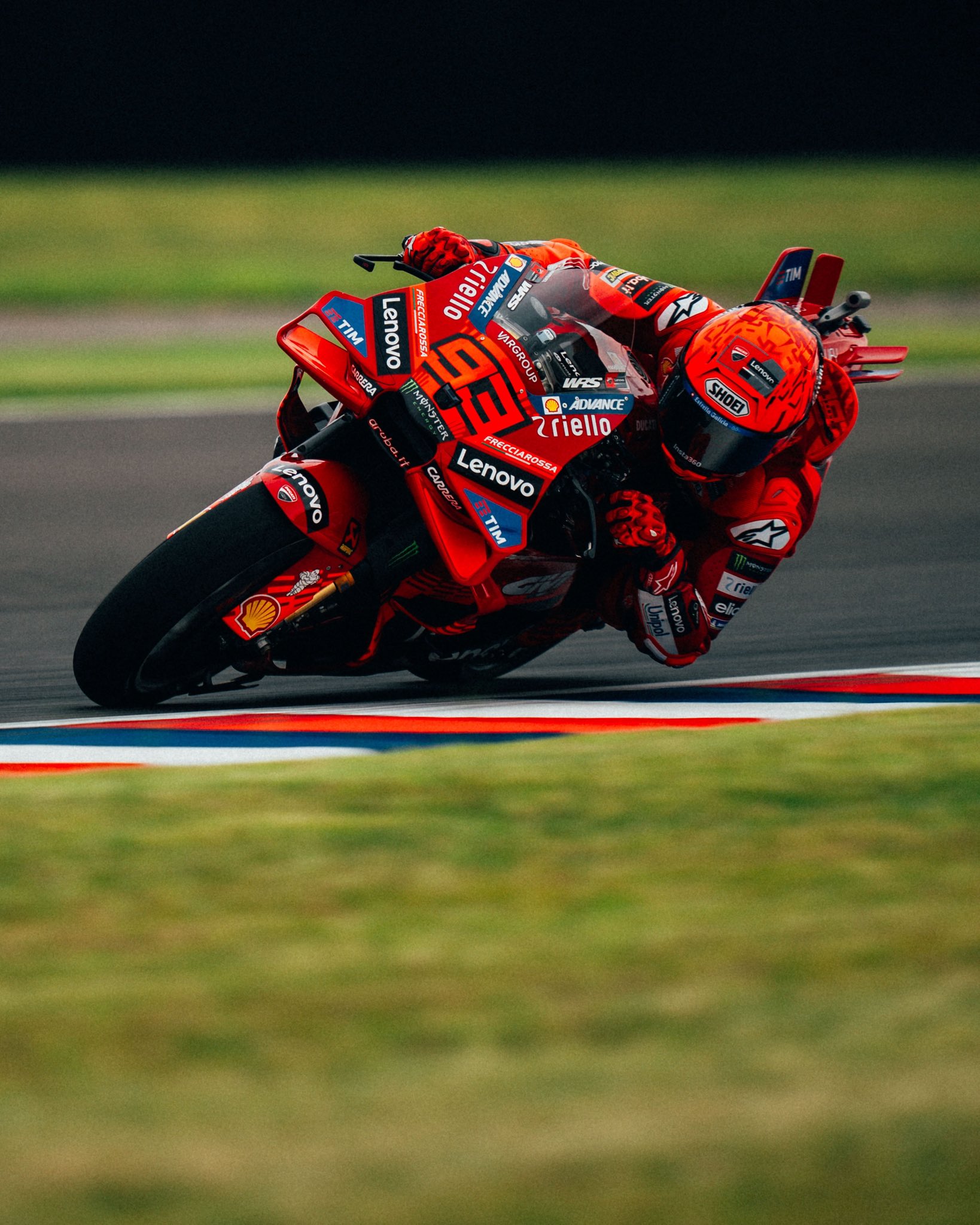OPINION: The good, the bad and the balanced. My take on BoP
- Aaron Carroll

- Mar 3, 2025
- 4 min read
Written by Aaron Carroll, Edited by Tarun Suresh

BoP (Balance of Performance) is used in many forms of motor racing across the world. But does it work? Should it be added to more disciplines or taken away?
BoP is a system used mainly in sportscar racing to regulate the performance of a car to create a much more competitive grid and reduce costs for manufacturers and teams. I won’t be dwelling on the specifics in this piece, but you can find all the relevant information here.
Looking across the internet, discussions on BoP are usually quite mixed, and it can become a very controversial topic when it goes wrong and the organisers make a mistake. Let’s take the Hockenheim race mentioned in the article linked above as an example.
In that race, Audi were given a favourable BoP in qualifying, which ultimately led to a race win for the championship challenger Attempto car. Social media posts after the event were filled with conversation about the topic, some even claiming the SRO (Stéphane Ratel Organisation) intentionally gave Audi a boost in the BoP because they wanted them to win over their rivals, Akkodis ASP who ran a Mercedes.
I think BoP is very rightly a controversial topic. One mistake can so easily have a drastic effect on the results of any particular weekend or even an entire season, and create controversy for teams and organisers alike.
In the example at Hockenheim, the Attempto Audi eventually went on to win the title that year in the Sprint Cup. Of course, it’s impossible to say if that was the deciding factor in their title run, but you can certainly say it affected the momentum.
Another issue that is commonly raised with BoP is the idea that it takes away the pureness of the sport and creates an artificial playing field, where the competition and close racing are ‘fake’. I both agree and disagree with this point. Yes, it does artificially bring the cars closer together, but I wouldn’t go so far as to say it’s fake.
However, I do believe it is a fine line between a good BoP that gives the best racing possible, and essentially creating a spec series.

Let’s take a look at the WEC (World Endurance Championship) BoP, specifically for the LMDh and LMh hypercar class. I think this system works really well, the BoP is there so that not one car runs away with every single race, but there’s still an element of a development and engineering race.
The Isotta Fraschini from the 2024 season was behind in the development race but wasn’t given a massive boost in BoP so it could challenge the frontrunners such as Ferrari, Porsche and Toyota.
In my opinion, this fixes the idea that the racing is artificial, manufacturers and teams still have to work extremely hard to keep up with each other, and nothing will be handed to anyone on a platter for free.
On the other hand in a series without BoP like Formula One, I think BoP would be completely detrimental to the sport. Popular figures in the F1 paddock have already displayed their distaste for a balance of performance in motorsports top flight, such as Toto Wolff and Max Verstappen.
I’m inclined to agree with them on the perspective of F1. Since its inaugural race in 1950, F1 has led motorsport in innovation and engineering. A BoP would certainly take away a lot of this aspect, with less motivation for teams to spend large amounts of money on an upgrade, if its effects were to be negated by BoP.
Of course, you could make the very same argument for WEC and other sportscar classes, but in my opinion, this is a different situation. In Formula One, races can be no longer than two hours in length according to the regulations, and usually clock in somewhere in and around the 90-minute range. If we compare this to WEC, for example, where races on the calendar range from anywhere from 6 to 24 hours, it's a big difference.
The significance of this is that one car being one or two-tenths a lap quicker over the course of 90 minutes, adds up to much less than being one or two-tenths quicker per lap over 24 hours.
For this reason, I think endurance racing needs a form of equilibrium more than F1, because as the time ticks on, the gaps keep getting bigger, and eventually if one car is dominating, it becomes impossible to compete, so what would be the point for manufacturers spending millions, just to finish multiple laps down on the leaders.

Going back to a solely sportscar racing perspective, there is evidence that BoP works and creates close racing. Throughout the history of the Le Mans 24 Hours, BoP was never really used in the top class. Its official introduction came in 2021 with the debut of the hypercar class.
Since then in 2022 and 2023, the record was tied for most cars finishing on the lead lap (2), and was broken in 2024 with a total of nine cars from four manufacturers on the lead lap after 24 hours.
Yes, it was helped by safety cars and wave-bys, but with the level of competition seen in WEC this year, I think I can comprehensively say the record would have been broken regardless, with much of that being directly credited to the BoP.
To put it in short, I think that BoP is an incredible system in many disciplines across the world, when used correctly, but maybe it isn’t a solution to all the problems in motorsport. Some may completely disagree and argue BoP is the worst thing to happen in motorsport, but whatever any person's opinion on the topic may be, BoP will continue to spark debate across motorsport paddocks for years to come.












Comments